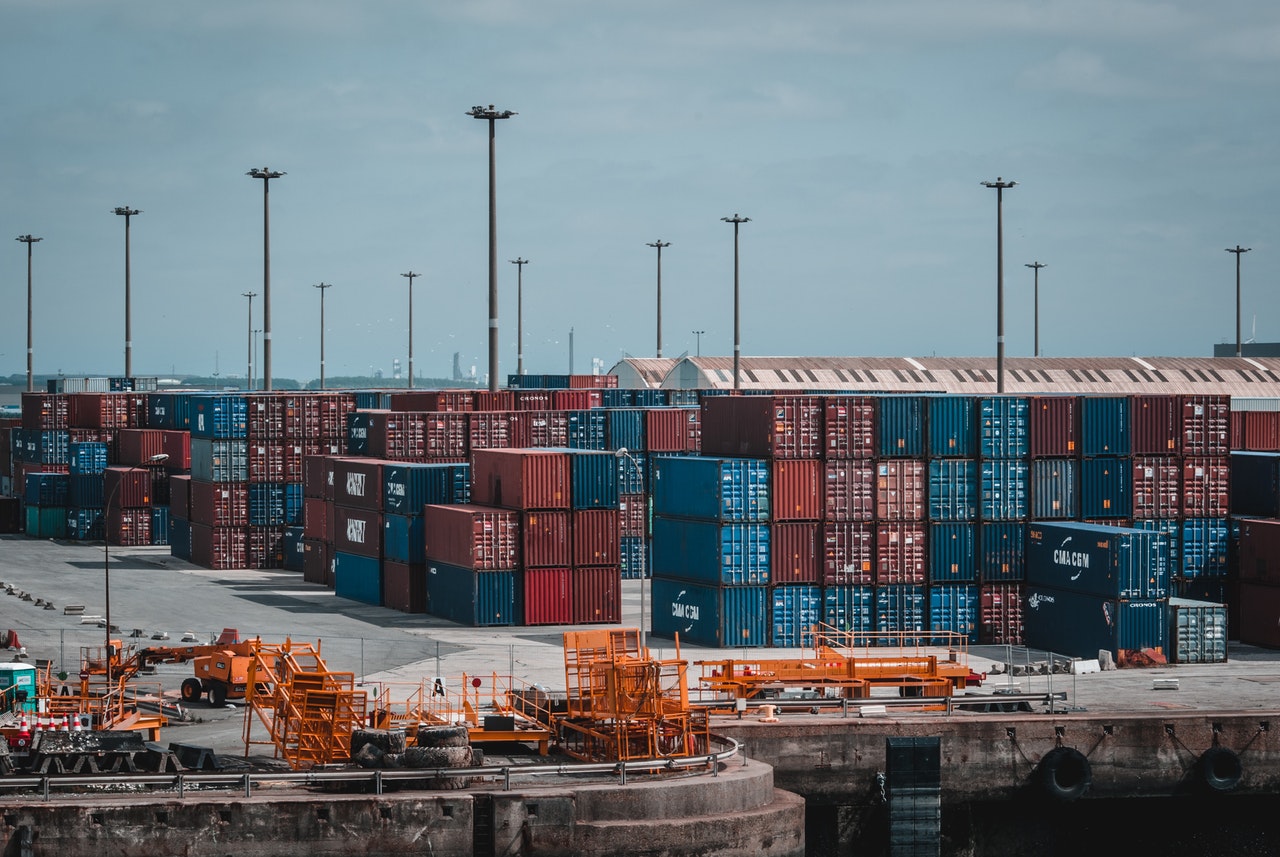Introduction
Perhaps you have heard of ‘courier’ and ‘carrier’ logistics, but do you know the difference between these shipping services? In this article, we will take a closer look at the main differences between a courier and carrier.
When it comes to shipping goods from one location to another, it all boils down to your requirements, timeframe, nature of merchandise, size of the shipment, etc. Oftentimes, the decision to choose between a carrier or a courier is straightforward. Now, to help you make the right call, let’s dive into some of the fundamentals, benefits, and considerations attached to courier and carrier logistics.
What is a Courier Service?
A courier is a person or company that is responsible for transporting small shipments directly to the receiver. In most cases, the use of courier service comes into play when you need to deliver shipments with low weight.
Generally, courier companies transport shipments of 1 to 15 boxes. Still, it mostly depends on the location, volume, and overall weight of the shipment. One of the fundamental characteristics of courier service is that it provides door-to-door delivery.
Perks and Limitations of Courier Service
The most defining aspect of courier service companies is that they offer fast and efficient shipping options. On the flip side, however, courier services come with size and cost limitations. Most of the major courier companies have put in place specific limits on weight and size of shipments they will deliver.
The most well-known logistics companies that provide courier services on a global scale include UPS, FedEx, Purolator, DHL, etc.
What is a Carrier Service?
A carrier is a logistics company that is responsible for transporting large shipments through ocean, rail, truck, or air delivery. In most cases, carrier services are not as quick as courier services but they are more cost-efficient.
This type of logistics service is used to transport parcels using specialized and advanced loading and unloading equipment to handle large shipments.
Types of Carrier Services
Full Truckload (FTL)
Full Truckload or FTL refers to a dedicated or reserved shipment to deliver a whole container to a destination. The delivery of FTL shipments is generally quicker and safer than LTL shipments, as there are no additional pickups or drop-offs to its destination. On average, FTL shipments can weigh between 34,000 to 45,000 lbs and are generally handled by one dedicated logistics company.
Less than Truckload (LTL)
As the name suggests, Less than Truckload or LTL refers to transportation of a container or truck with multiple shipments. LTL is a cost-effective and eco-friendly shipping option that includes sharing a container or truck between multiple shipments and multiple clients.
Partial Truckload (PTL)
Partial Truckload or PTL refers to a shipment that involves shipping a partially loaded container with the same characteristics of a FTL. Like FTL, PTL shipments require limited handling and are less likely to get damaged or lost.
Final Thoughts
Depending on the size and the nature of the shipment you want delivered, there is a solution for you. If you have a small shipment, a courier service is the right option. If you have a large shipment, a carrier company is your best option.
As a third-party logistics company, we work with a number of courier and carrier companies. We have built strong relationships with our courier and carrier partners to provide our clients with the best shipping solutions.




